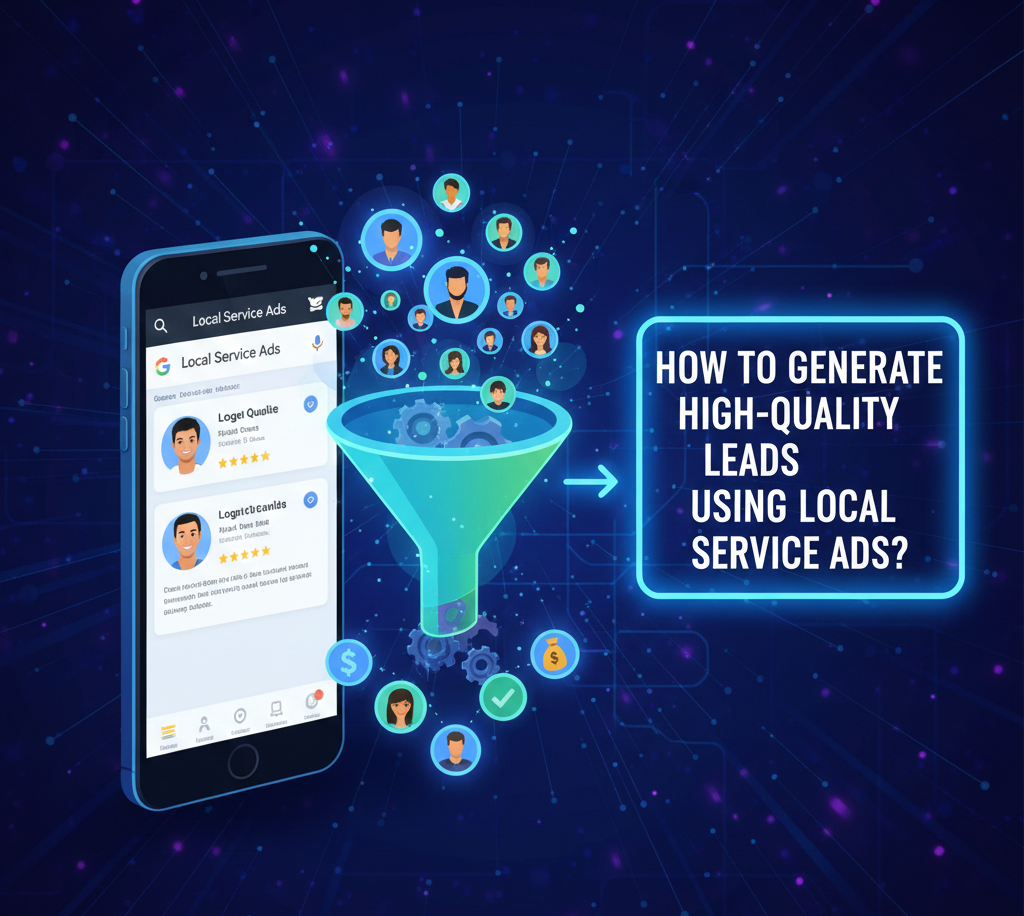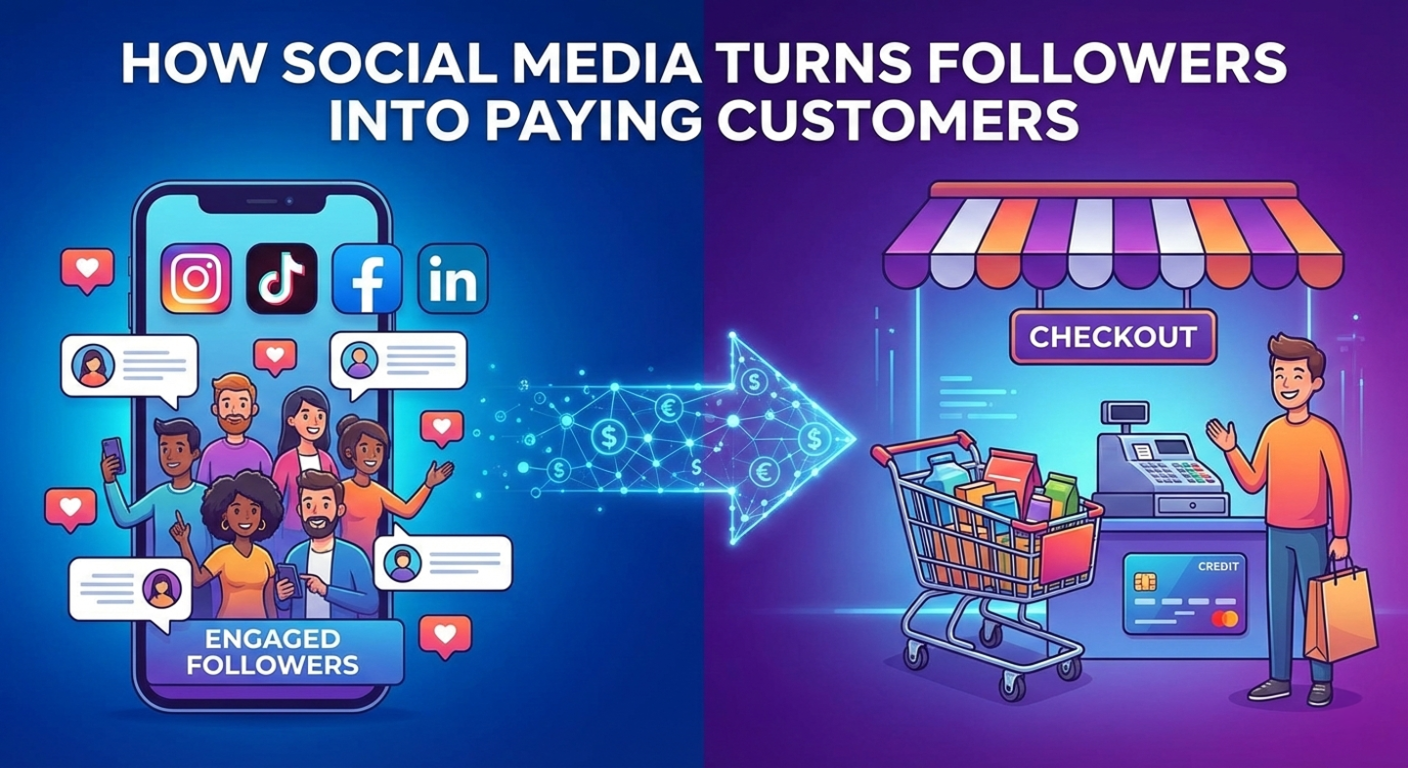Deep Content refers to highly detailed, well-researched, and value-driven content that is authoritative, evergreen, and resistant to AI-generated misinformation. Unlike shallow or surface-level content, Deep Content prioritizes accuracy, depth, and relevance, ensuring that audiences receive meaningful and reliable information. Deep Content is not just about length—it’s about delivering genuine expertise, unique insights, and high-quality engagement that AI algorithms and audiences can trust.
Key Characteristics of Deep Content
Deep Content is defined by several critical attributes that set it apart from generic or AI-generated material.
Well-Researched & Fact-Based
Deep Content is rooted in credibility, offering well-researched and fact-checked information that audiences can trust. Unlike generic content, which often recycles unverified data, Deep Content relies on authoritative sources such as academic journals, industry reports, and expert interviews. This commitment to accuracy ensures that the information remains valuable and relevant over time. Businesses that prioritize well-researched content establish themselves as thought leaders, attracting loyal audiences who seek trustworthy insights. Additionally, data-driven content is more likely to earn backlinks and citations, improving SEO rankings and brand authority. Fact-based storytelling enhances audience engagement and builds long-term credibility.

Evergreen & Authoritative
Unlike short-lived, trend-based content, Deep Content remains relevant and valuable over time. This type of content answers fundamental questions, provides in-depth analysis, and offers timeless insights that continue to attract readers long after publication. By focusing on industry best practices, detailed explanations, and comprehensive guides, businesses can create content that withstands algorithm changes and shifting audience interests. Moreover, authoritative content boosts trust by showcasing expertise and experience. Search engines prioritize evergreen, well-structured articles, making them more discoverable. Consistently producing authoritative content strengthens brand recognition, fosters audience loyalty, and establishes long-term digital dominance in any industry.
Human-Centric & Authentic
Deep Content goes beyond AI-generated text by incorporating personal experiences, expert insights, and real-world applications. Authenticity is key in today’s digital landscape, where audiences value genuine voices over robotic, generic messaging. Unlike AI-generated content, which lacks emotions and unique storytelling, Deep Content reflects human creativity, empathy, and expertise. This authenticity strengthens audience trust and engagement, encouraging readers to connect with the brand. Human-centric content also adapts to cultural nuances, audience preferences, and brand voice, making it more relatable. By maintaining a conversational and insightful tone, businesses can differentiate themselves in an era dominated by automated content.
SEO-Optimized & Strategic
Deep Content is carefully crafted to serve both users and search engines. It integrates strategic SEO practices, such as keyword research, topic clustering, and internal linking, ensuring high visibility in search engine results. Unlike keyword-stuffed AI content, Deep Content balances optimization with readability, offering a seamless user experience. It also incorporates rich media—such as images, infographics, and videos—to improve engagement and retention. Well-structured formatting, including subheadings and bullet points, makes it easy to scan and digest. Ultimately, Deep Content aligns with search intent, ranking higher while providing meaningful value to readers, boosting organic traffic and authority.
How AI Is Changing Content Creation?
Artificial intelligence (AI) is reshaping the way content is produced, distributed, and consumed. It offers efficiency, automation, and personalization, but also comes with challenges. AI-powered tools generate articles, optimize SEO, and personalize marketing campaigns, making content creation faster and more scalable. However, this automation raises concerns about originality, authenticity, and ethical use. While AI enhances productivity, businesses must balance it with human creativity and expertise to ensure high-quality, engaging content. Understanding AI’s impact on content creation helps brands stay competitive while maintaining credibility in an era of rapid technological advancement.

Challenges AI-Generated Content Presents
AI-generated content is transforming the digital landscape, but it comes with significant challenges. While AI tools can create text quickly and efficiently, they often struggle with originality, accuracy, and authenticity. Businesses must navigate risks such as misinformation, SEO dilution, and loss of human touch when relying too heavily on AI-generated content. Understanding these challenges is crucial for maintaining credibility, audience trust, and brand authority. By identifying and addressing these limitations, companies can use AI responsibly while ensuring content remains engaging, informative, and aligned with human creativity and ethical standards.
Misinformation & Lack of Accuracy
AI-generated content often lacks fact-checking, leading to the spread of misinformation. Since AI models pull information from vast datasets, they may include outdated, biased, or incorrect details. Without human oversight, false information can mislead audiences, damage brand reputation, and erode trust. In industries like healthcare, finance, or legal sectors, inaccuracies can have serious consequences. To prevent misinformation, businesses should implement strict fact-checking processes, verify AI-generated claims, and combine AI efficiency with human editorial review. Ensuring content credibility is essential for maintaining audience trust and avoiding legal or ethical issues.
SEO Dilution & Content Saturation
With AI making content creation faster, the internet is flooded with mass-produced articles, leading to SEO dilution. Search engines prioritize high-quality, unique content, but AI-generated text often lacks depth and originality. When multiple businesses use AI for similar topics, content redundancy increases, making it harder to rank. Additionally, Google’s algorithms continuously evolve to detect and penalize low-value AI content. To combat SEO dilution, brands must focus on Deep Content—producing well-researched, expert-driven material that offers real insights, originality, and structured SEO strategies that go beyond AI-generated optimizations.

Lack of Emotional Connection & Human Touch
AI-generated content lacks the human emotions, empathy, and storytelling that engage readers on a deeper level. While AI can generate grammatically correct text, it cannot replicate real-life experiences, humor, or cultural nuances. Audiences connect more with authentic, human-driven narratives than with robotic, generic writing. The absence of emotional intelligence in AI content can make marketing campaigns feel impersonal and detached. To maintain audience engagement, brands should blend AI-generated efficiency with human storytelling, ensuring content feels relatable, warm, and culturally aware rather than purely data-driven.
Plagiarism & Ethical Concerns
AI models are trained on vast amounts of existing content, which raises concerns about plagiarism and intellectual property rights. AI-generated text may unintentionally replicate copyrighted material, leading to legal issues for businesses. Additionally, AI tools often fail to provide proper citations, making it difficult to trace the origins of information. Ethical concerns also arise when AI-generated content is used without disclosure, potentially misleading audiences. Companies must ensure they use AI ethically by cross-checking for plagiarism, crediting original sources, and maintaining transparency about AI’s role in content creation.
Inability to Adapt to Context & Nuance
AI struggles with understanding context, tone, and cultural nuances, often resulting in awkward or inappropriate content. Unlike human writers, AI lacks real-world experience and critical thinking skills, making it difficult to adjust language for different audiences. AI-generated responses may misinterpret sarcasm, humor, or sensitive topics, leading to content that feels out of place or offensive. To ensure clarity and relevance, businesses must have human editors review AI-generated text, refining its tone and context. AI should be used as an assistive tool, not as a complete replacement for human judgment and cultural awareness.
Dependence on AI Reducing Creativity
Over-reliance on AI-generated content can hinder creativity and innovation in writing. When businesses rely solely on AI for content production, they risk producing repetitive, formulaic articles that lack originality. Human creativity drives unique storytelling, fresh ideas, and compelling narratives that AI cannot generate independently. AI should serve as a tool to enhance efficiency rather than replace human creativity. Brands must encourage writers and marketers to inject personal insights, original research, and new perspectives into content to maintain uniqueness and competitive advantage in the digital landscape.
How AI & Deep Content Can Work Together?
AI and Deep Content are not opposing forces; when used strategically, they complement each other to create high-quality, authoritative, and engaging content. AI enhances efficiency by automating repetitive tasks, analyzing data, and optimizing SEO, while Deep Content ensures credibility, depth, and originality. Businesses that integrate AI tools without compromising human creativity can maintain authenticity while scaling content production. The key lies in leveraging AI for support while allowing human expertise to drive storytelling, research, and engagement. This balanced approach ensures content remains valuable, trustworthy, and impactful in an increasingly AI-driven digital world.

Using AI for Research Assistance
AI can process vast amounts of data quickly, making it a valuable research tool for content creators. AI-powered platforms like ChatGPT and Google’s Bard summarize complex topics, suggest key trends, and provide relevant statistics, streamlining the research process. However, AI-generated research must be fact-checked against credible sources, as AI tools sometimes produce inaccuracies or outdated information. By combining AI’s speed with human critical thinking, businesses can produce well-researched, data-driven Deep Content that maintains accuracy and authority. This approach saves time while ensuring that information presented is both relevant and reliable.
Automating Repetitive Tasks Without Losing Quality
AI excels at handling time-consuming content tasks such as formatting, grammar checking, and keyword placement. Tools like Grammarly, Hemingway, and SurferSEO enhance readability, optimize SEO, and improve sentence structure. AI can also generate content outlines, meta descriptions, and social media captions, allowing human writers to focus on creativity and strategy. However, AI should not replace the human touch in storytelling, tone, and depth. The best practice is to let AI manage repetitive tasks while writers refine content quality, ensuring a balance between efficiency and engagement.
Enhancing Personalization with AI-Driven Insights
AI’s ability to analyze user behavior allows for hyper-personalized content strategies. Platforms like Netflix and Amazon use AI to recommend content based on preferences, and businesses can apply similar strategies in content marketing. AI-driven analytics track audience engagement, helping brands tailor Deep Content to specific demographics, interests, and search intent. However, while AI helps refine targeting, the messaging itself should remain human-centric. AI should guide content direction, but storytelling and emotional engagement should be handled by human writers to maintain authenticity and trust with audiences.
Ensuring AI-Generated Content Maintains Authenticity
AI-generated content often lacks originality, producing generic and repetitive phrasing. To ensure authenticity, brands must use AI-generated drafts as a starting point rather than final content. Human writers should refine AI output by adding unique insights, storytelling, and expert opinions. Fact-checking AI-generated information is also essential to prevent misinformation. The best AI-human collaboration involves AI assisting in content creation while human editors ensure quality, credibility, and brand voice alignment. This prevents AI from diluting the uniqueness of Deep Content and preserves its value for long-term audience engagement.
Monitoring AI Content for Ethical Use
As AI-generated content becomes more prevalent, ethical concerns such as plagiarism, misinformation, and bias must be addressed. AI tools often pull from pre-existing content, which can lead to unintentional copyright infringement. Additionally, AI models may reflect biases present in their training data. Businesses should implement ethical AI guidelines, ensuring transparency in AI-assisted content creation. Disclosing AI involvement in content, citing sources, and maintaining human oversight help maintain credibility and integrity. A responsible AI-Deep Content strategy ensures businesses leverage technology without compromising ethical and quality standards.

Conclusion
AI and Deep Content can work together to enhance efficiency, research, and personalization while maintaining originality and credibility. AI streamlines repetitive tasks, optimizes SEO, and analyzes audience behavior, but human creativity ensures authenticity, trust, and emotional connection. Businesses must balance AI-driven automation with human expertise to produce high-quality, authoritative content. Ethical considerations, fact-checking, and originality should guide AI-assisted content creation. By leveraging AI as a support tool rather than a replacement, brands can create impactful, engaging, and future-proof content in the digital age.








